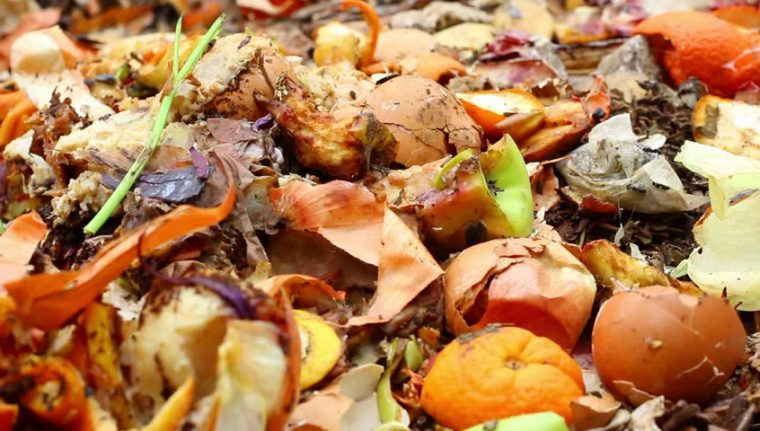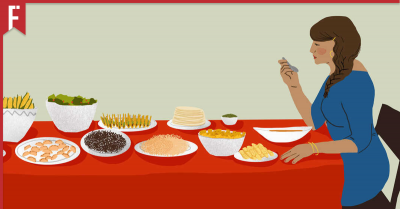
As Malaysians fret over increasingly expensive food costs, one minister has stepped up to tell everyone what should be done: eat less eggs.
On 3 July 2022, Melaka Domestic Trade And Consumer Affairs Ministry Director Norena Jaafar gave some interesting advice to ordinary rakyat regarding the recent food price increases.
“If in a week we usually eat around 20 eggs, we can reduce it to 10 or 15 eggs… There is no problem, it is our way of life,” she said in a video interview which quickly went viral.
Here We Go Again…
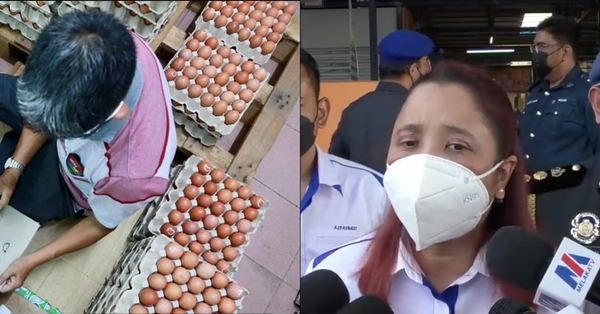
While Norena’s intentions may have been kind, her remarks have been slammed by netizens who believe that she has failed to understand the hardships faced by those in Malaysia’s B40 group.
“I think for many who cannot afford (other food like fish)… eggs are their staple source of protein. But now, it is also expensive. How are they going to cope? By eating less or starving?” asked Twitter user Wani.
“If eggs go up in price (further), what will be their fate?” asked Facebook user Nurul Safidah, who pointed out that there are many families who rely on eggs as their main meal as that is all they could afford.
But It’s Just Eggs, Right? What’s The Big Deal?

The big deal is that it’s not just eggs that have become more expensive lately.
As of June 2022, food prices in Malaysia are currently at their highest point in years, especially when it comes to meat.
“Food inflation continued to rise to a new high of 5.2%, the highest since November 2011, with 93% of items in this group recording increases,” said Chief Statistician Uzir Mahidin.
The price of chicken has gone up by 13.4% in May, with the average price rising to RM9.70 per kg. A year before, the average price of one kg of chicken was only RM8.44.
Other foods that have gotten more expensive include vegetables (8.1%), dairy products (8.0%), fish and seafood (4.3%) and oils and fats (3.7%).
All of these numbers may look small at first glance, but they add up quickly.
According to Uzir, Malaysians are now paying more whether they’re eating at home or outside — dire news for those who may have already been struggling to put food on the table even before this point.
Fortunately, There Is Still Help Available
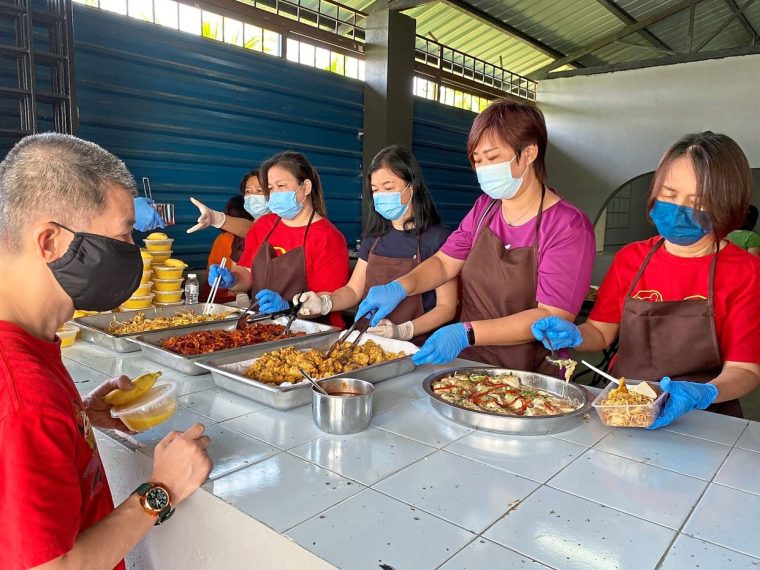
Dapur Kinrara’s team recently included a group of 30 volunteers from Women in NCR (WIN) Malaysia. Throughout the day, they worked tirelessly to carry out the soup kitchen’s operations, handling everything from menu design to cooking to the actual distribution of food.
Recently, Dapur Kinrara proudly announced that they’ve distributed a total of 235 meals in a day!
Although things have been harder than usual lately, Dapur Kinrara Deputy Chairman Low Chee Wah is confident that they can continue running their weekly soup kitchen. Even though contributions have been fluctuating from between RM300 to RM1,000 a week, they are still able to cover their costs by serving only vegetarian food.
At a time when meat and fish prices are soaring through the roof, sticking to strictly vegetarian meals has been a good way to stretch each Ringgit just a little further.
Sadly, Not Every Soup Kitchen Is Doing So Well
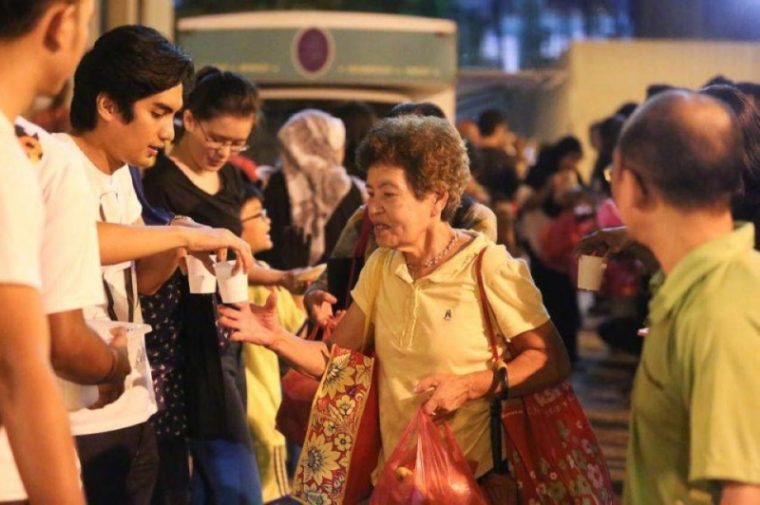
When the economy is good, people tend to be more generous with their donations. On the other hand, when everyone is feeling the pinch, many people can’t afford to keep donating.
Local NGOs like Pertiwi Soup Kitchen have reported that their number of supporters and level of contributions have fallen significantly over the past few years, forcing them to be creative in order to keep running.
Pertiwi Soup Kitchen Founder Datuk Munirah Abdul Hamid says that she has had to set up contingency plans in order to avoid disruptions to the soup kitchens operations. However, in the meantime they would continue doing their best to keep feeding those in need.
“We have to help and guide them on how to prioritise, just like how we are doing here now at Pertiwi Soup Kitchen, given the dwindling donations,” she said.
How Many Children Will Be Going Hungry Over the Next Few Months?
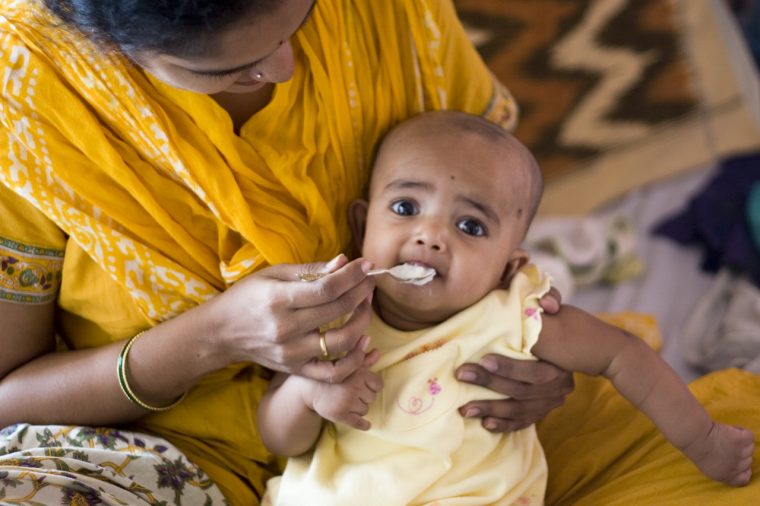
The New Straits Times (NST) recently released an article highlighting how many ordinary Malaysians from lower and middle class homes have had to make tough decisions in order to deal with the recent crisis. Over the past few weeks, many Malaysians have been skipping meals, consuming smaller portions and relying on unhealthy alternatives such as instant noodles.
Here are just a few of the comments the NST received after asking how people were coping:
“I shop for groceries at wholesale markets instead of supermarkets and I have cut back on outdoor dining. On top of that, we only run one air conditioner between 7pm and 7am.”
“Eat simple meals at home and eat out only when necessary.”
“(The rising cost of living has) severely affected our livelihood! I’m surviving only on one miserable meal a day that costs RM5 per person.”
“I am eating only two meals a day now. I still need to feed my baby, no matter how difficult life is now.”
The last comment highlights some of the darker consequences of this economic squeeze. It’s easy to say “stop spending so much on food!” when you’re not the one being directly affected. But how many children are going to go hungry because their parents literally cannot afford to put food on the table anymore?
What Can We Do To Help?
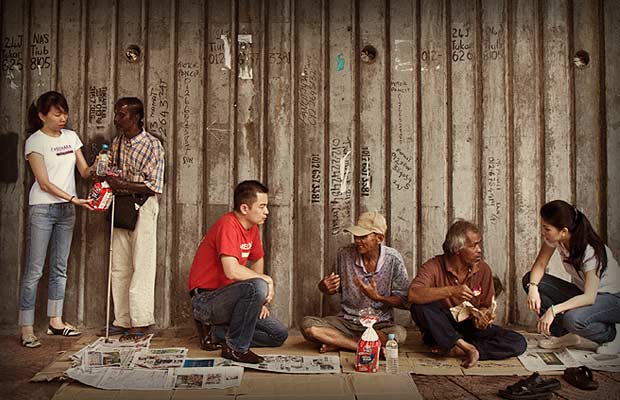
On the bright side, there are still plenty of soup kitchens and other NGOs out there who are doing their best to ensure that Malaysia’s vulnerable families can stay fed. Even when the government has stumbled, ordinary Malaysians have stepped up to do their part to help their fellow rakyat.
Many of them are putting in a tremendous amount of work — the Pertiwi Soup Kitchen mentioned above recently announced that they had prepared 940 meals in one day!
However, due to the current economic situation, many of these groups are struggling to stay running. If you’re interested in helping, you can donate to one of these soup kitchens. If you don’t have any money to spare, you can still volunteer to help out in your free time.
Here Are 3 Malaysian Soup Kitchens That You Can Help Today:
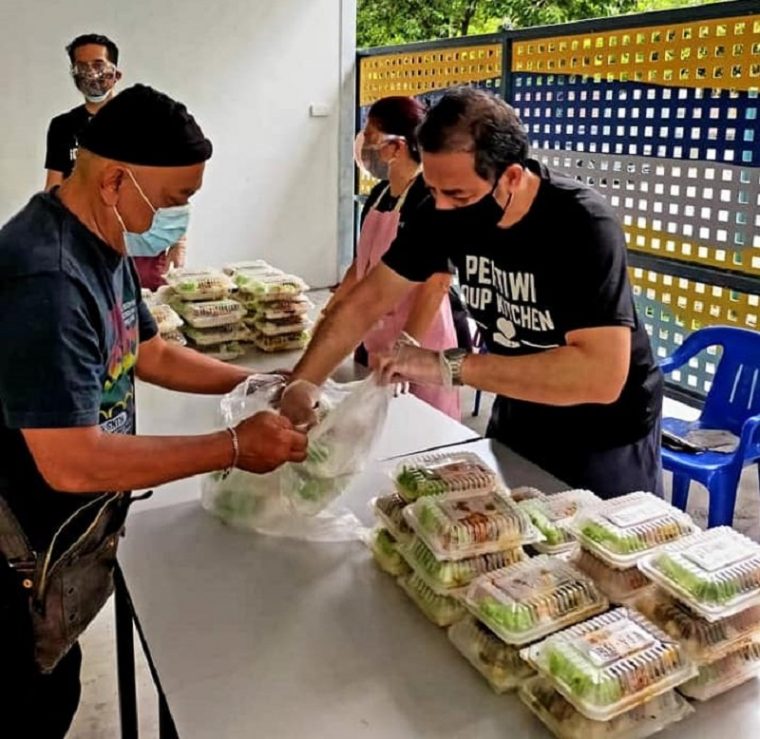
Pertiwi Soup Kitchen: This programme aims to distribute basic pre-packaged healthy meals and clean water four nights a week to struggling residents in neighbourhoods such as Chow Kit, Kota Raya and Masjid India.
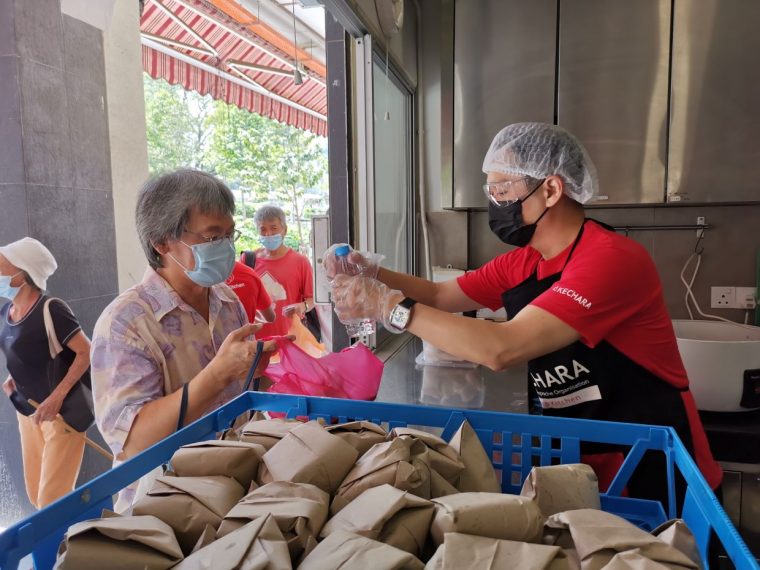
Kechara Soup Kitchen: Established in 2008, Kechara serves hot meals, basic medical care and welfare aid to the homeless and urban poor. Aside from KL, they also distribute food in other cities such as George Town and Johor Bahru.
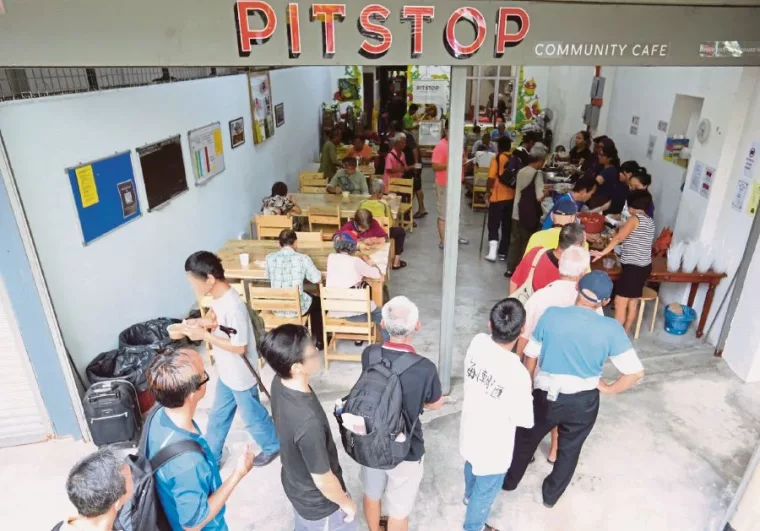
Pit Stop Community Cafe: Located in the heart of KL, Pit Stop aims to lend a helping hand to the urban homeless while cutting down on food wastage. They provide pre-packed food packages and even run a Culinary Arts program to help underprivileged youths learn new skills and find work.
Even A Little Effort Can Make a Big Difference

“What could I possibly do?” you might ask. “I’m just one person. What difference could I make?”
At times like these, it’s easy to feel helpless and alone. However, while it is important to acknowledge feelings such as fear or anger, we must not allow them to overwhelm us.
As long as you have the passion to help, you can.
No matter how talented you are, if you try to do everything by yourself, sooner or later you’re just going to burn out from exhaustion. By working with these NGOs, you can take advantage of their experience and connections and make a much bigger difference.
If you want to learn about more local companies who are trying to make food accessible to everyone, be sure to check out:
Malaysians Love Food, But Is Everyone Getting Enough of It?
